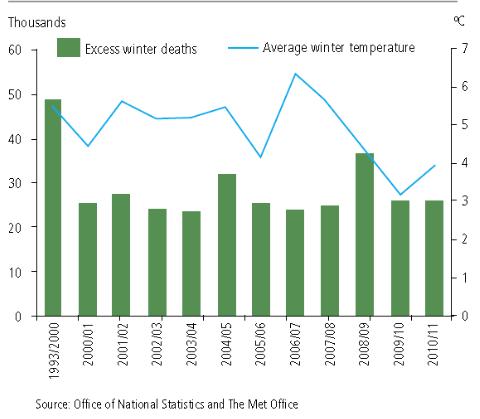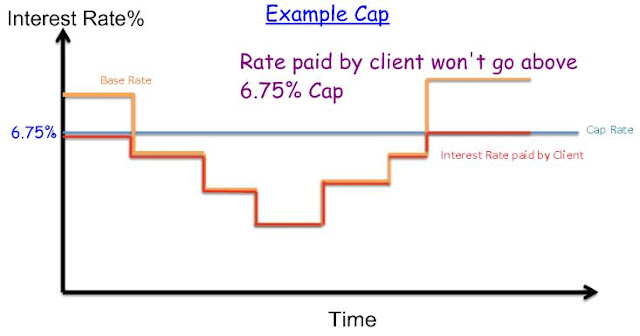Bankers' salaries up 37% over the last 4 years since the Banking Crisis.
To get around the regulation of their bonuses, they are switching the money from bonuses to salary. It looks like overall pay has dropped, but not as much as their share prices. FINANCIAL TIMES
Financial companies were forced to remove or amend more than 300 advertisements last year for breaching regulations, but details of the offending promotions have been kept secret. FSA more worried about protecting rippers-off than protecting you!
This leaves consumers with no way of knowing if they were misled. Which?
Inequality matters economically, not just politically. If poor families are hamstrung by low income and unpayable debts, spending and demand may be held back for years.
Gas rebranded as green energy by EU.
You couldn't make it up! Victory for gas lobby as aims of €80bn EU renewable energy programme altered to channel money to 'low-carbon' fossil fuel. GUARDIAN
Regulator accuses dentists of failing to tell patients of free or cheaper NHS care.
Office of Fair Trading says half a million patients a year may mistakenly pay for private dental care. GUARDIAN
Shoppers can save 32% or more on fruit & veg by shunning supermarkets for street markets.
It’s simply not true that supermarkets are cheaper. DAILY MAIL
MP’s report criticises staff cuts at HMRC. These staff could have enforced the collection of £1bn in tax avoided/evaded.
For every £1 which has been saved in staff cuts, it has lost around £10 in tax revenue.
Inequality matters economically, not just politically. If poor families are hamstrung by low income and unpayable debts, spending and demand may be held back for years.
References work by National Institute of Economic and Social Research, and economist James Galbraith (son of the famous JK Galbraith). GUARDIAN
Inequality matters horticulturally with the hosepipe ban. If you put out a sprinkler or hold a hose to water your garden you are liable for a £1,000 fine. If you have invested in 'trickle irrigation', leaky pipes installed into your lawn, you can turn the taps on.
Thames Water rules for the hosepipe ban.
Thames Water rules for the hosepipe ban.
Firms that help fund people and small businesses to sue (whilst taking a cut of winnings) are growing. London is becoming the global litigation centre.
Will it help the little guy take on big corporates and government, or just make the UK more wastefully litigious as people and businesses “try it on”? GUARDIAN
Christine Lagarde, scourge of tax evaders, pays no tax.
IMF boss who caused international outrage when she suggested that Greeks should pay their taxes earns a tax-free salary. DAILY MAIL
Christine Lagarde, scourge of tax evaders, pays no tax.
IMF boss who caused international outrage when she suggested that Greeks should pay their taxes earns a tax-free salary. DAILY MAIL
You couldn't make it up! Victory for gas lobby as aims of €80bn EU renewable energy programme altered to channel money to 'low-carbon' fossil fuel. GUARDIAN
Regulator accuses dentists of failing to tell patients of free or cheaper NHS care.
Office of Fair Trading says half a million patients a year may mistakenly pay for private dental care. GUARDIAN




























































